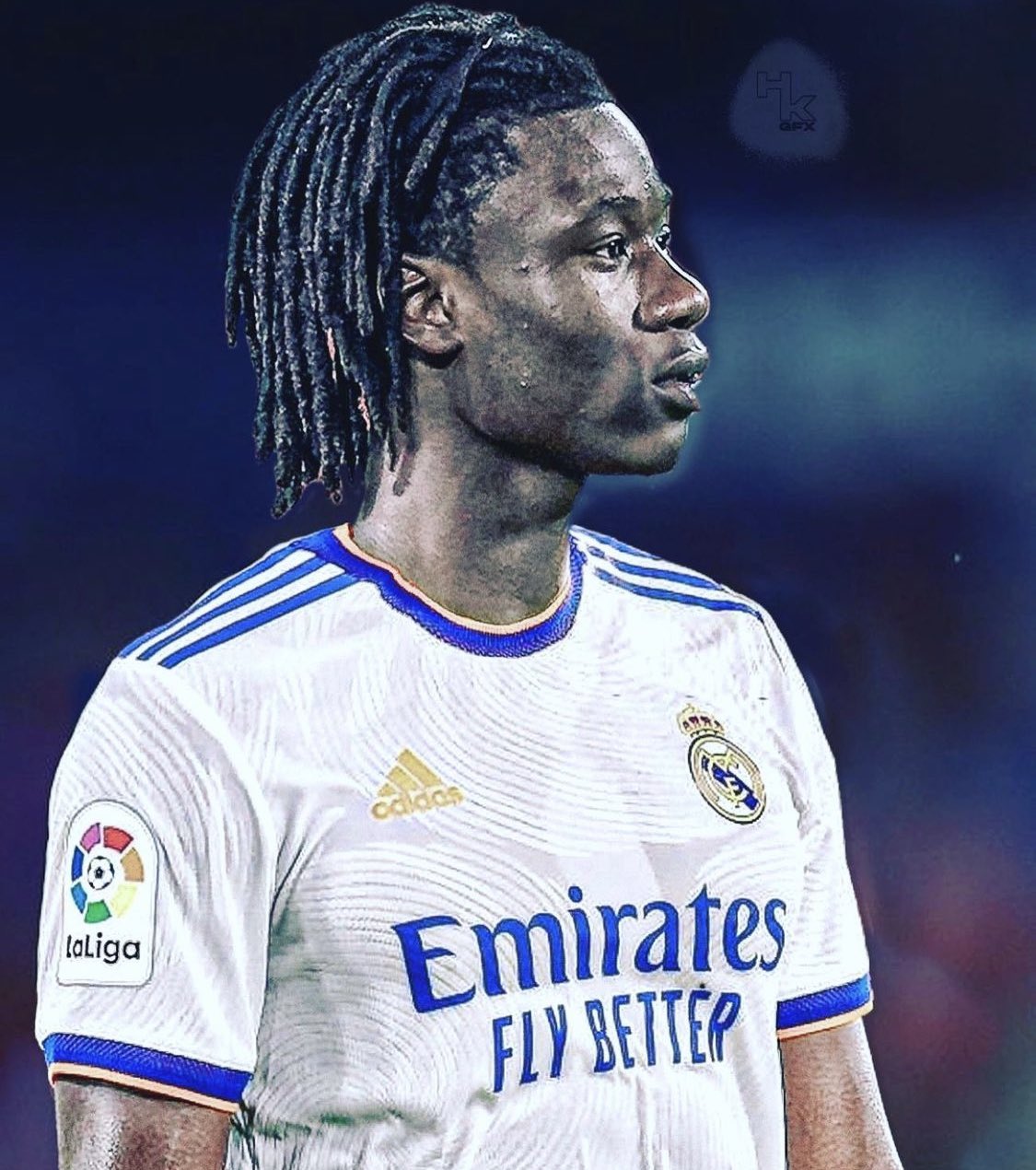As Real Madrid’s ageing stars watched on from the touchline while their younger counterparts saw out a remarkable Champions League semi-final victory, it was evidence that the club’s immediate and longer term future may be in better shape than many critics have suggested.

None of Karim Benzema, Luka Modric, Toni Kroos or Casemiro was on the pitch as the final whistle went on a 6-5 aggregate success over Manchester City that earned Carlo Ancelotti’s side a spot in Saturday’s final against Liverpool.
Rodrygo wrote his name into Real folklore with two late goals to take that tie to extra time, Eduardo Camavinga glided across the turf making the Bernabeu his own and Federico Valverde’s engine was still whirring after 120 minutes. Brazil forward Vinicius Junior, whose tally of 51 appearances this season is more than any of his team-mates, scored a superb solo effort in the first leg and lasted until five minutes from time in the second.
In the early 2000s, the arrival of Luis Figo from rivals Barcelona was followed by high-profile acquisitions of Zinedine Zidane, Ronaldo, David Beckham and Michael Owen. On Perez’s return in 2009, it was Kaka and Cristiano Ronaldo to kick things off. Last summer David Alaba’s free transfer from Bayern Munich and the £28m move for teenage Rennes midfielder Camavinga were the only incomings, following a season of no signings.
The heir to Modric’s throne?
One question mark for Real is who will succeed the long-standing midfield trio of Modric, Kroos and Casemiro, who are 36, 32 and 30 respectively. Former Real defender Fernando Hierro, Ancelotti’s assistant during his first spell at the club, believes 19-year-old France international Camavinga and 23-year-old Uruguayan Valverde – signed from Penarol six years ago – have the quality to fill that void.
Camavinga arrived as one of the most sought-after prospects in Europe and Ancelotti has described him as the present and the future of the club.